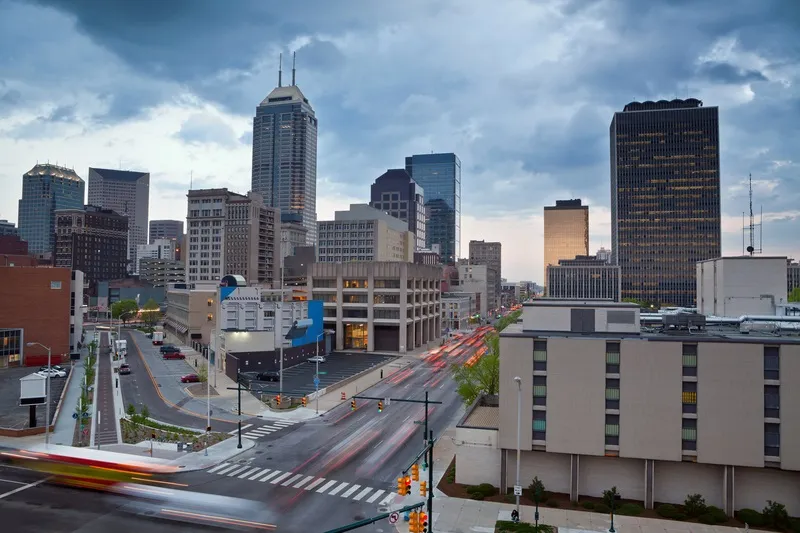Virgin
VHO says it will commit to establishing methods to reuse decommissioned elements of its system and reducing its carbon output as part of the Ellen MacArthur Foundation’s Circular Economy 100 (CE100) Network.
The traditional ‘linear’ economy where products are made, used and then disposed of is challenged by the ‘circular’ economy, where re-use of a product at the end of its life is encouraged in order to preserve finite resources.
Virgin’s founder Sir Richard Branson says: “The only way to address this mounting crisis is head-on. We need big ideas like hyperloop to reach zero-emission transport while rapidly connecting people and goods.”
Ellen MacArthur’s CE100 lead Joe Murphy says: “It is this collaboration among our diverse and dynamic network that enables members to realise circular economy innovation opportunities much faster than they could alone.”
The move was announced at the Rockfeller Plaza in New York City, in which VHO showcased its XP-1 test vehicle.
Virgin Hyperloop joins Ellen MacArthur network
Virgin Hyperloop One (VHO) is joining a network of companies which aim to accelerate the transition of businesses to a more sustainable economic model.
VHO says it will commit to establishing methods to reuse decommissioned elements of its system and reducing its carbon output as part of the Ellen MacArthur Foundation’s Circular Economy 100 (CE100) Network.
The traditional ‘linear’ economy where products are made, used and then disposed of is challenged by the ‘circular’ economy, where re-use of a product
October 24, 2019
Read time: 2 mins









